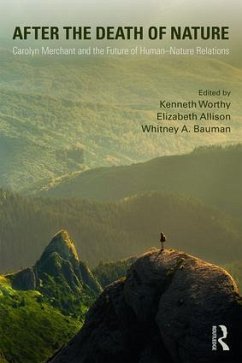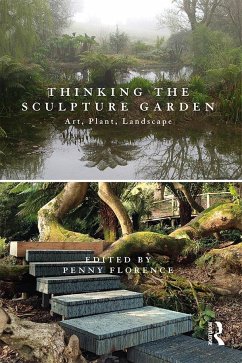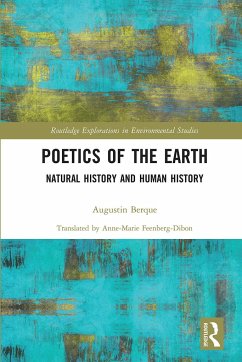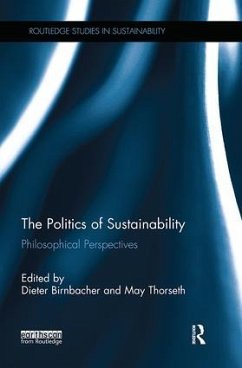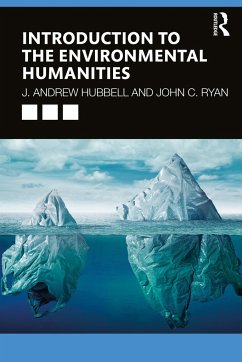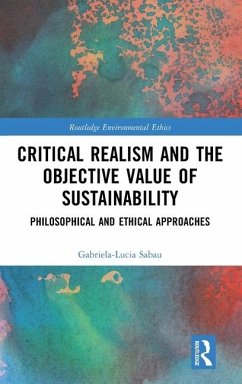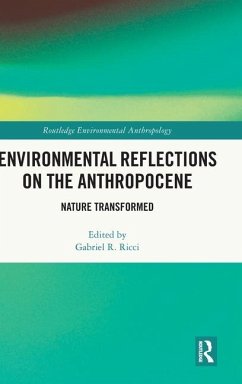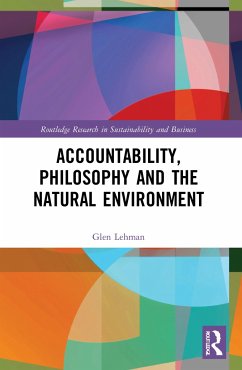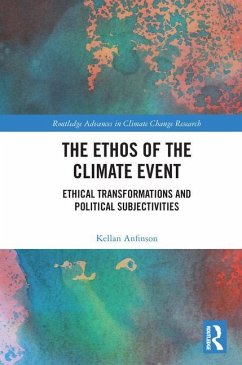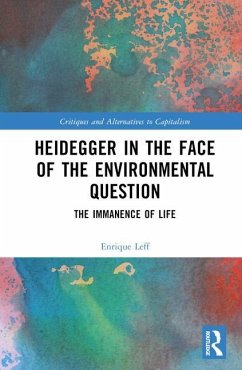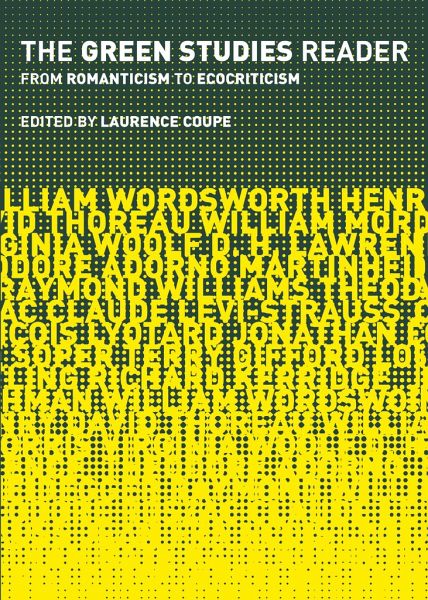
The Green Studies Reader
From Romanticism to Ecocriticism
Herausgegeben: Coupe, Laurence

PAYBACK Punkte
23 °P sammeln!
Green Studies is a booming area for study and The Green Studies Reader is a fantastically comprehensive selection of critical texts which address the connection between ecology, culture, and literature. It offers a complete guide to the growing area of 'ecocriticism' and a wealth of material on green issues from the romantic period to the present. Included are extracts from today's leading ecocritics and figures from the past who pioneered a green approach to literature and culture. This Reader sets the agenda for Green Studies and encourages a reassessment of development of criticism and offe...
Green Studies is a booming area for study and The Green Studies Reader is a fantastically comprehensive selection of critical texts which address the connection between ecology, culture, and literature. It offers a complete guide to the growing area of 'ecocriticism' and a wealth of material on green issues from the romantic period to the present.
Included are extracts from today's leading ecocritics and figures from the past who pioneered a green approach to literature and culture. This Reader sets the agenda for Green Studies and encourages a reassessment of development of criticism and offers readers a radical view of its future.
Included are extracts from today's leading ecocritics and figures from the past who pioneered a green approach to literature and culture. This Reader sets the agenda for Green Studies and encourages a reassessment of development of criticism and offers readers a radical view of its future.





